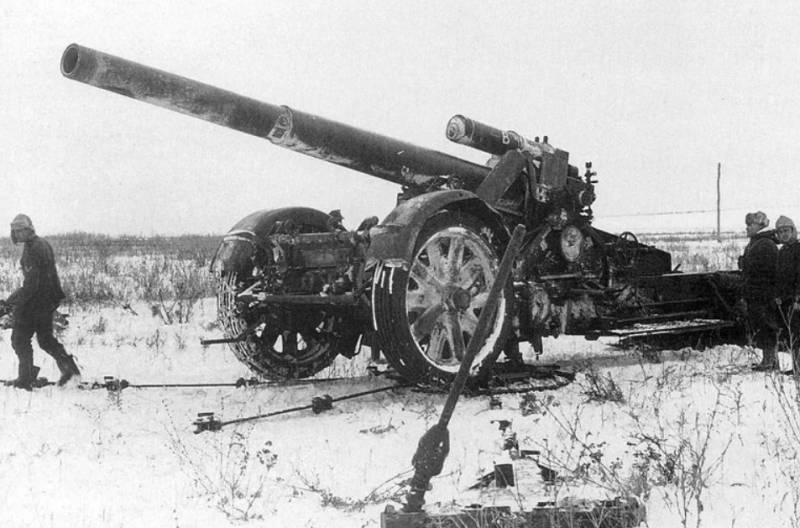The failure of the Wehrmacht's operation "Winter Thunderstorm"

The Wehrmacht operation Wintergewitter or "Winter Thunderstorm" under the command of Field Marshal Erich von Manstein lasted from December 12 to 24, 1942 and ended in defeat for the Germans. Field Marshal Friedrich Paulus, Field Marshal Friedrich Paulus, did not succeed in withdrawing the 6th Army from the "cauldron".
Launching an offensive from Kotelnikovo on December 12, Gotha's 4th Army moved in the direction of Stalingrad. For the Red Army, a strike from this direction came as a surprise, which allowed the Wehrmacht to break through the defenses and advance to the Verkhne-Kumsky farm.
On December 19, the enemy “stuck” at the aforementioned settlement encountered the 2nd Guards Army under the command of R.Ya. Malinovsky. During the oncoming battles, the Germans were driven back to their original positions.
In short, this is how Operation Winter Storm is described in textbooks on stories. Meanwhile, there are facts that are often not covered in detail, but at the same time, it was these heroic actions of the soldiers and officers of the Red Army that played the most important role in the defeat of the Wehrmacht in this battle.
First of all, it is worth recalling that the offensive of the army of Herman Goth “tightly” stalled at the Verkhne-Kumsky farm. Having reached it on December 15, the Germans could not advance a single meter until the 19th, when the 2nd Guards Army arrived in time.
The fighters of Lieutenant Colonel Diasamidze were responsible for the defense of the aforementioned line. For five days of fighting, the heroes repulsed about 30 Wehrmacht attacks. Soviet soldiers shot down more than 40 tanks and killed hundreds of Nazis.
In order to break through the positions of the defenders in Verkhne-Kumsky, the Germans unsuccessfully made 1500 sorties, dropping about 8 bombs on the regiment's location.
On December 22, Lieutenant Colonel M.S. Diasamidze was awarded the title of Hero of the Soviet Union.
At the same time, one of the main reasons that forced Manstein to give the order to withdraw to the initial positions was the raid of the 24th tank corps of General Vasily Mikhailovich Badanov.
The aforementioned tank raid, “daring” in its idea and seemingly impossible, put an end to the plans of the Wehrmacht to release the Paulus army stuck near Stalingrad. During the attack, the 24th corps of General Badanov destroyed the airfield from which German aircraft flew to the besieged Stalingrad, and also diverted a large part of the enemy troops who planned to break through the "boiler" around the 6th Army.
It is worth noting that both important tasks were completed. But for the invaluable contribution to the defeat of the advancing Army Group "Don", the Soviet heroes had to pay an extremely high price. At the beginning of the operation, the 24th Corps had 10709 people. Less than 10 percent of the personnel of General Badanov managed to return from the battle alive.
Information